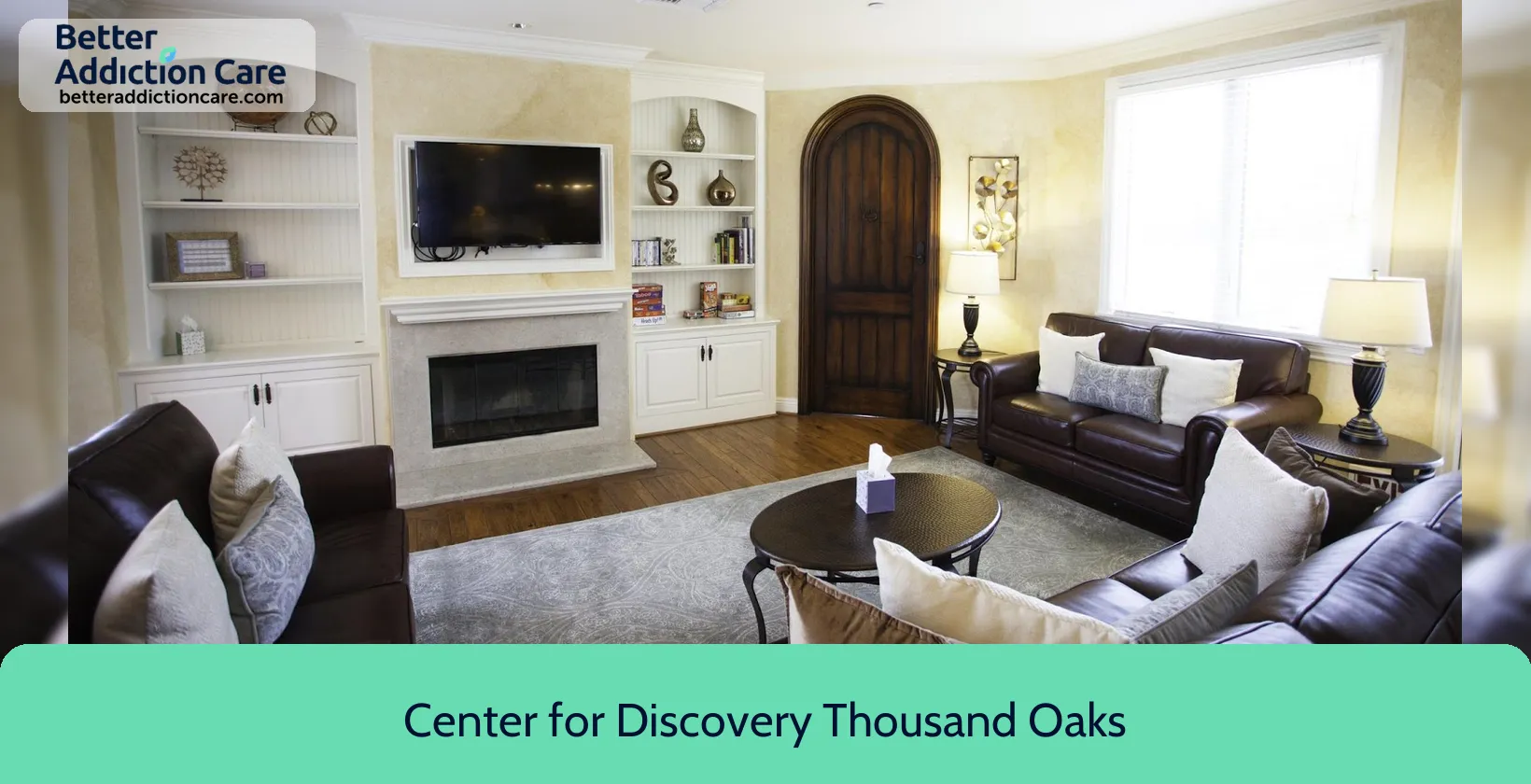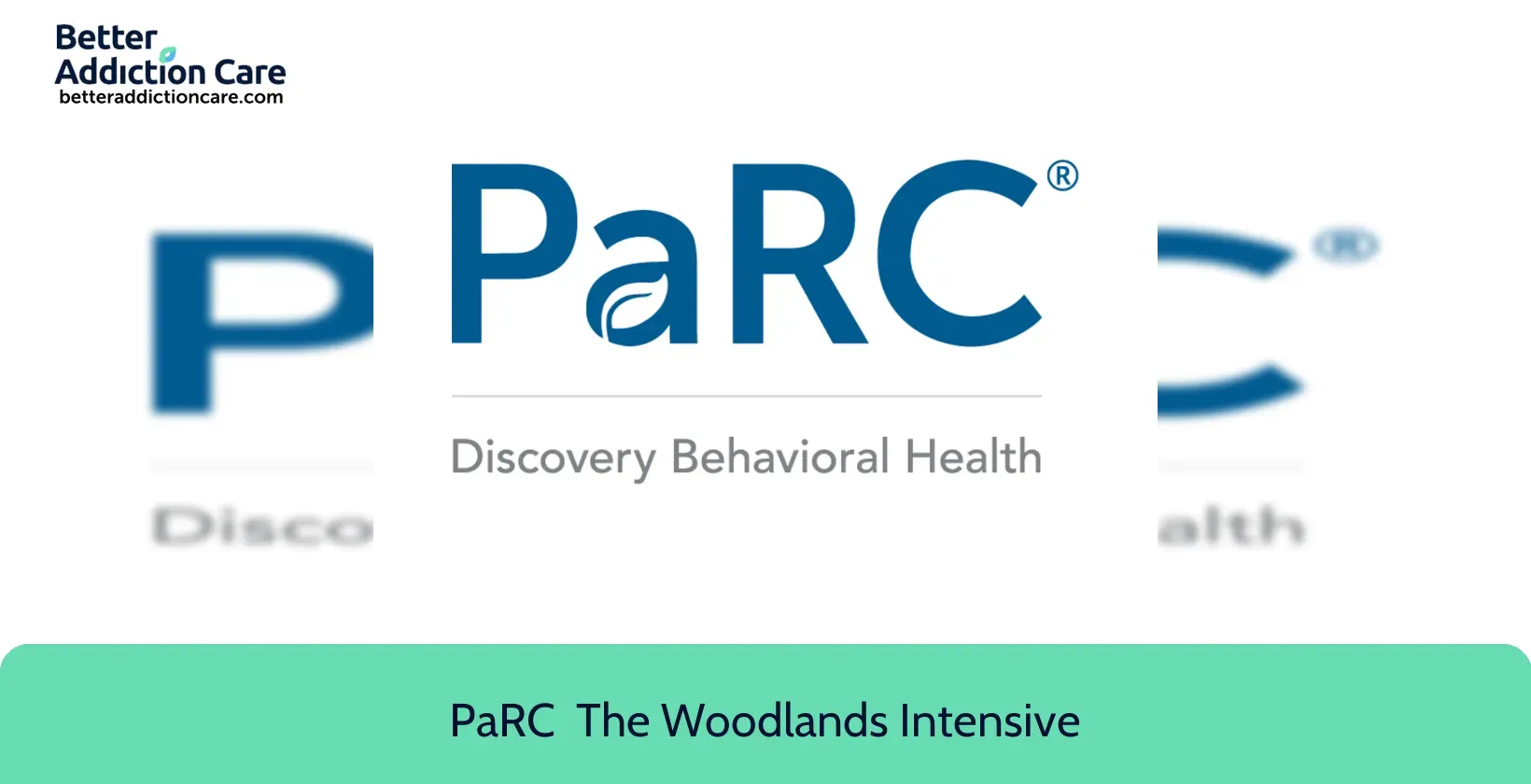Center For Discovery Torrance

Overview
Center For Discovery Torrance is a mental health treatment center for people seeking treatment near Los Angeles County. As part of their treatment modalities for recovery, Center For Discovery Torrance provides cognitive behavioral therapy, dialectical behavior therapy, and eating disorder treatment during treatment. Center For Discovery Torrance is located in Torrance, California, accepting cash or self-payment for treatment.
Center For Discovery Torrance at a Glance
Payment Options
- Cash or self-payment
- Private health insurance
Assessments
- Comprehensive mental health assessment
Age Groups
- Children/adolescents
- Young adults
- Adults
Operation
- Private for-profit organization
Highlights About Center For Discovery Torrance
6.62/10
With an overall rating of 6.62/10, this facility has following balanced range of services. Alcohol Rehabilitation: 8.00/10, Drug Rehab and Detox: 6.00/10, Insurance and Payments: 6.00/10, Treatment Options: 6.49/10.-
Alcohol Rehabilitation 8.00
-
Treatment Options 6.49
-
Drug Rehab and Detox 6.00
-
Insurance and Payments 6.00
Accreditations
The Joint Commission:

The Joint Commission accreditation signifies that a facility has met rigorous standards of excellence in patient care, treatment, and safety. It assures individuals and healthcare professionals that the accredited facility provides high-quality, evidence-based care for addiction and mental health issues, fostering trust and confidence in their services.
Treatment At Center For Discovery Torrance
Treatment Conditions
- Mental health treatment
Care Levels
- Partial Hospitalization Program
- Intensive outpatient treatment
- Outpatient
Treatment Modalities
- Cognitive Behavioral Therapy
- Dialectical Behavior Therapy
- Eating Disorder Treatment
- Trauma-related counseling
- Individual psychotherapy
Ancillary Services
Special Programs
- Persons with eating disorders
- Clients who have experienced trauma
- Persons 18 and older with serious mental illness (SMI)

Additional Locations
Get Help Now
Common Questions About Center For Discovery Torrance
Contact Information
Other Facilities in Torrance

6.56

6.87
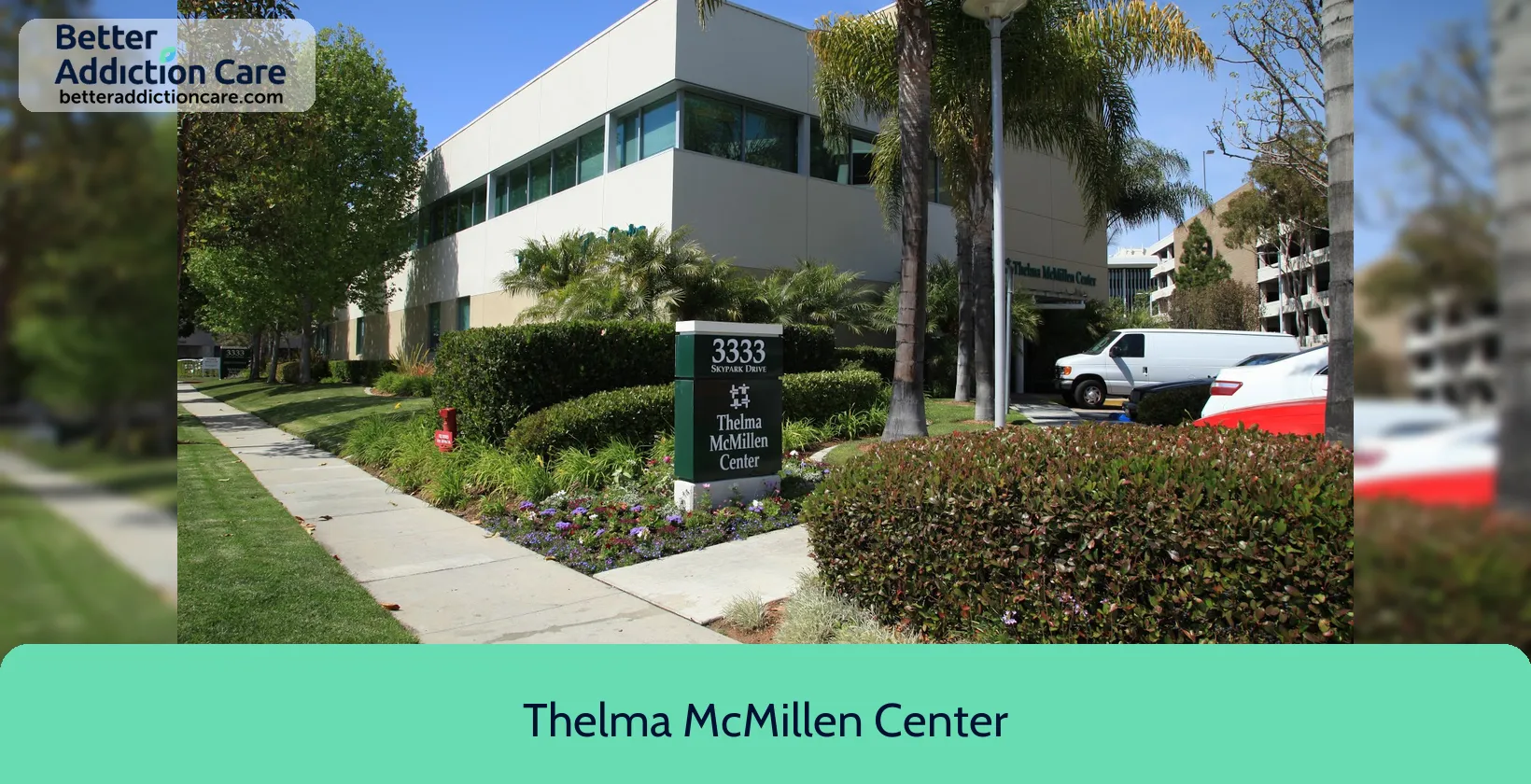
6.84
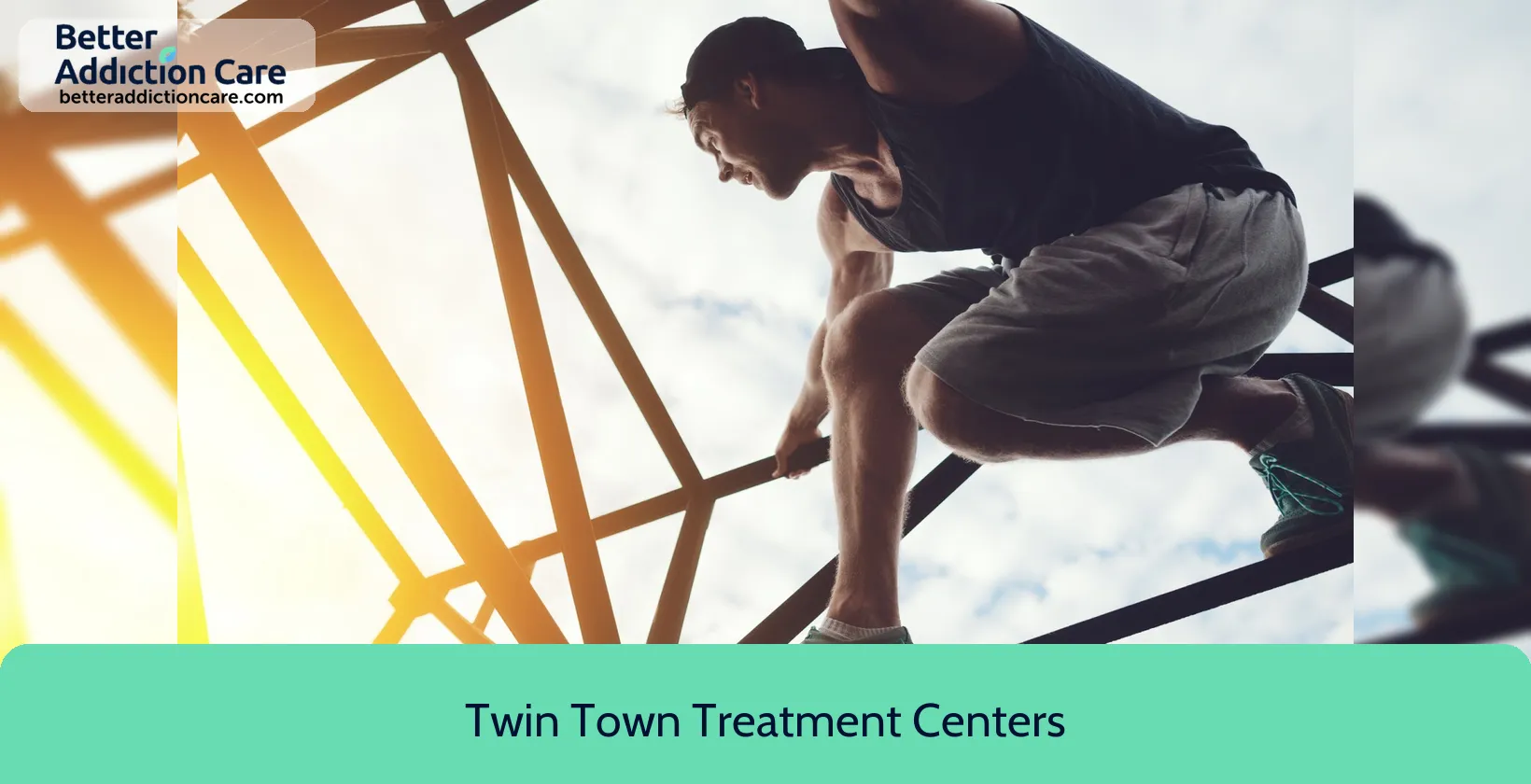
6.62
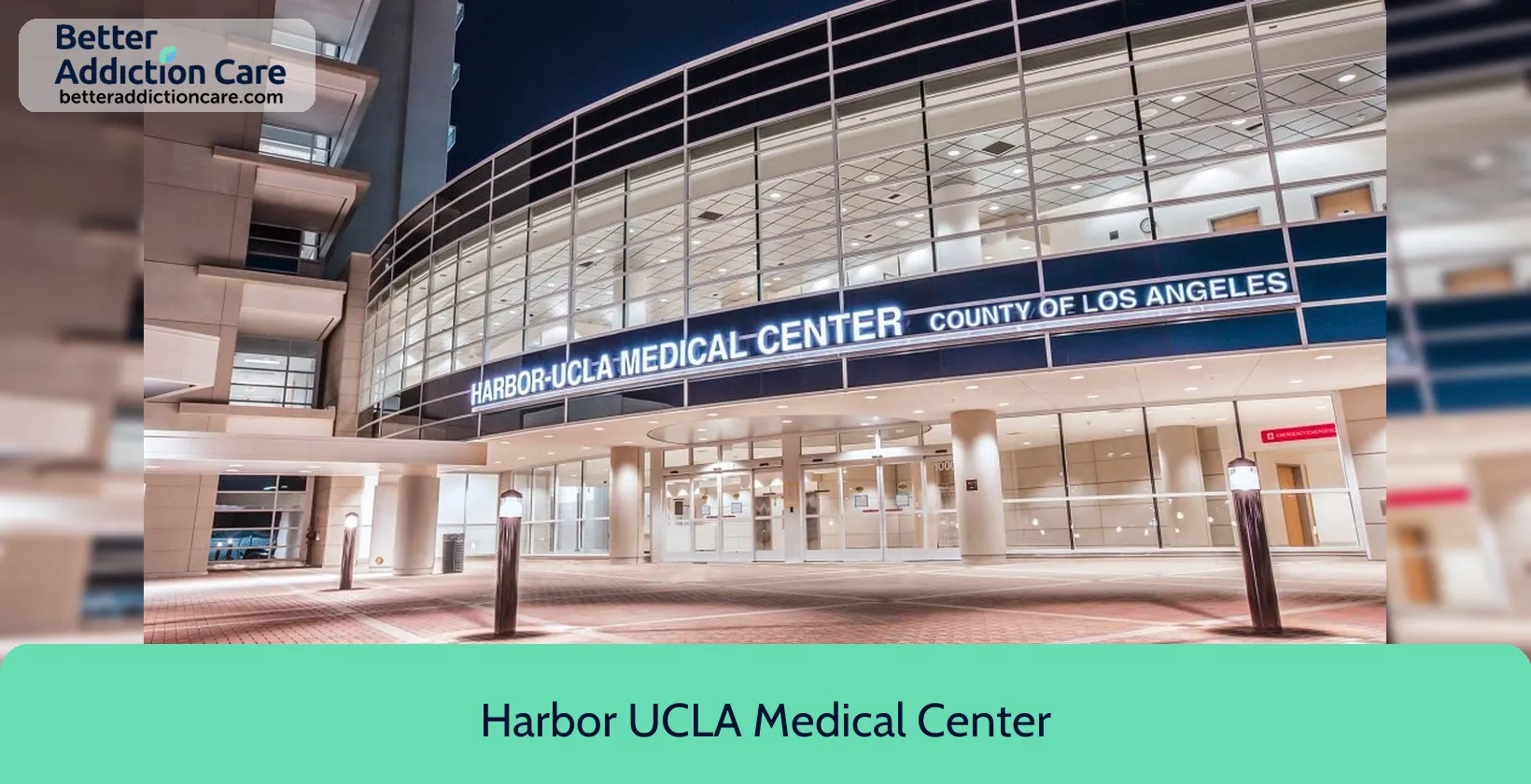
6.68
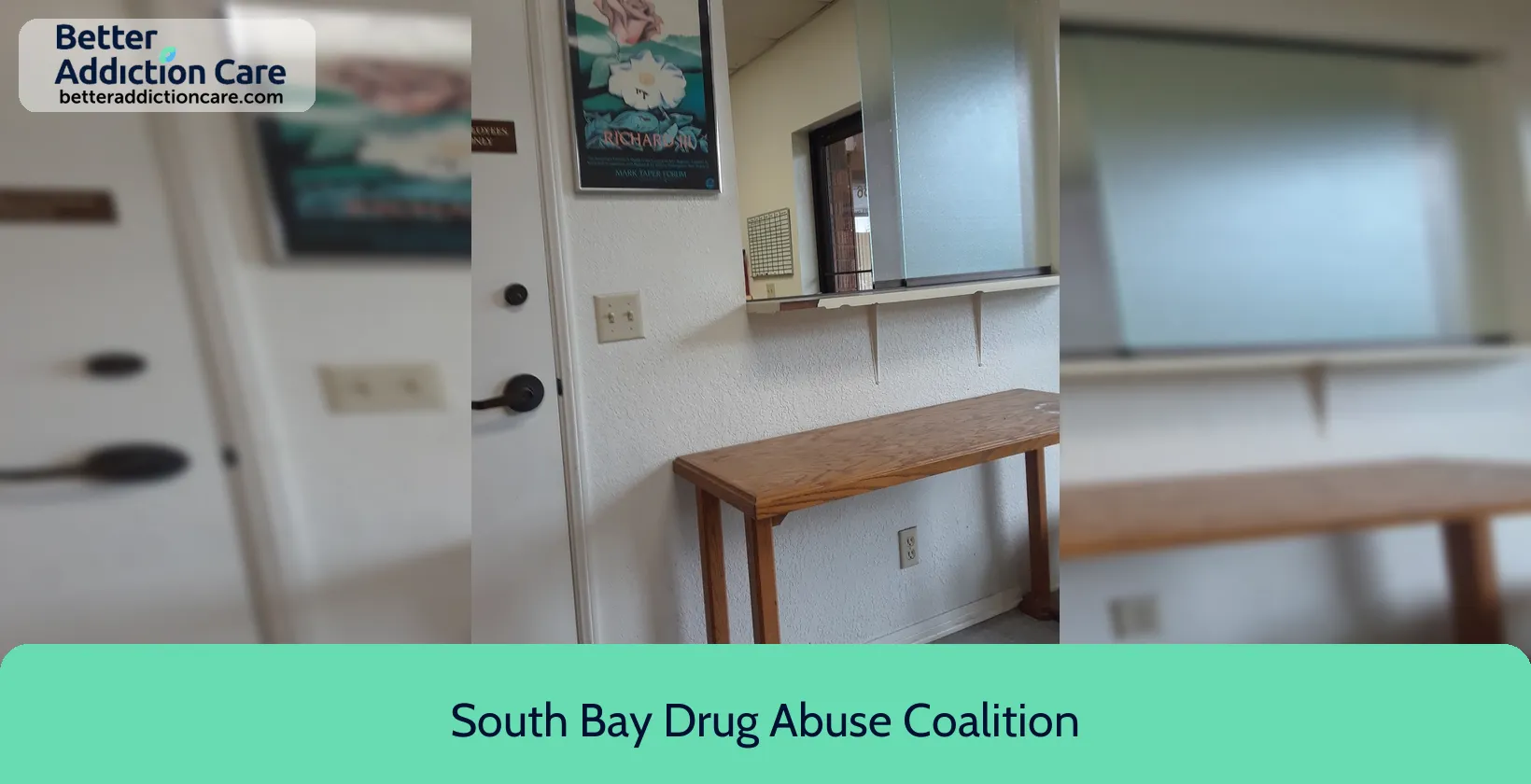
6.82
DISCLAIMER: The facility name, logo and brand are the property and registered trademarks of South Bay Drug Abuse Coalition, and are being used for identification and informational purposes only. Use of these names, logos and brands shall not imply endorsement. BetterAddictionCare.com is not affiliated with or sponsored by South Bay Drug Abuse Coalition.
